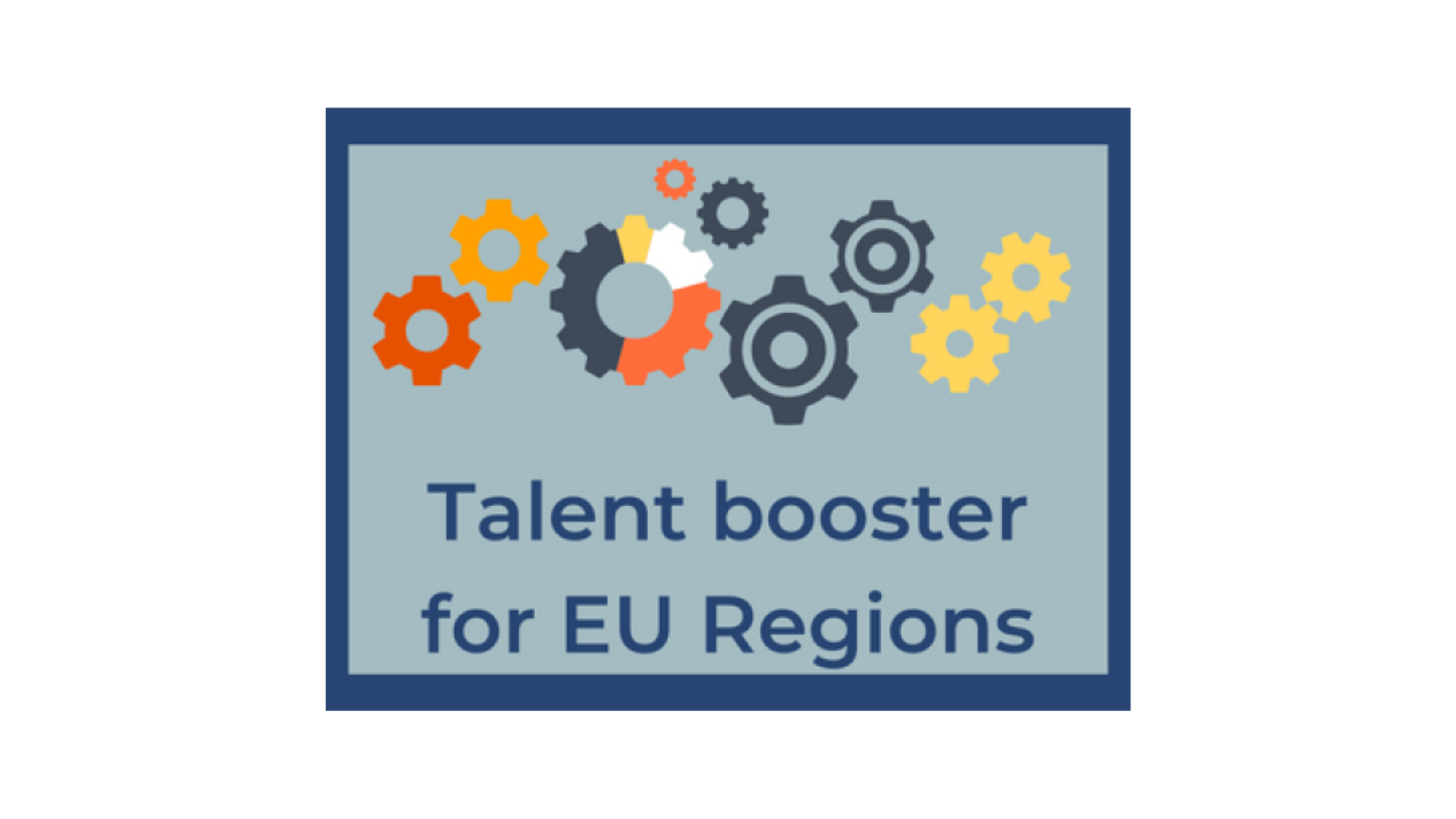
Harnessing Talent in Europe: a new boost for EU Regions
Harnessing Talent in Europe's Regions
A new EU Mechanism, the Talent Booster Mechanism, is presented in the Communication on Harnessing Talent in Europe's Regions and is the first key initiative in 2023 contributing to the European Year of Skills as proposed by the Commission, which aims to bring a fresh impetus for re- and upskilling. The Communication offers tailor-made, place-based and multi-dimensional solutions, including the use of existing EU funds and initiatives to support regions most affected by the ongoing demographic transition and its side-effects and prevent the emergence of new and increased territorial disparities in the EU.
A new EU mechanism: the ‘Talent Booster Mechanism'
The Commission will develop the Talent Booster Mechanism based on 8 pillars:
-
A new pilot project will be launched in 2023 to help regions facing a ‘talent development trap' elaborate, consolidate, develop and implement tailored and comprehensive strategies, as well as to identify relevant projects, to train, attract and retain skilled workers. Support will be provided to pilot regions selected on the basis of an open call.
-
A new initiative on ‘Smart adaptation of regions to demographic transition' will kick off in 2023 to help regions with higher rates of departure of their young people to adapt to the demographic transition and invest in talent development through tailored place-based policies. Benefiting regions will be selected on the basis of an open call.
-
The Technical Support Instrument (TSI) will support Member States, upon demand under the TSI 2023 call, with reforms at the national and regional level, necessary to address the shrinking of the working-age population, and the lack of skills and respond to the local market needs.
-
Cohesion Policy programmes and the Interregional Innovation Investments will stimulate innovation and opportunities for high-skill jobs and thus contribute to improving possibilities to retain and attract talents in these regions.
-
A new call for innovative actions will be launched under the ‘European Urban Initiative' to test place-based solutions led by shrinking cities that address the challenges of developing, retaining and attracting skilled workers.
-
EU initiatives that support the development of talents will be signposted on a dedicated webpage. This will provide easier access to information to interested regions about EU policies in areas such as research and innovation, training, education, and youth mobility.
-
Experiences will be exchanged and good practices will be disseminated: regions will have the possibility to set up thematic and regional working groups to address specific professional or territorial challenges.
-
The analytical knowledge required to support and facilitate evidence-based policies on regional development and migration will be further developed.
More information can be found here.
- Astrid Hannes
- 01/02/2023
-
Document